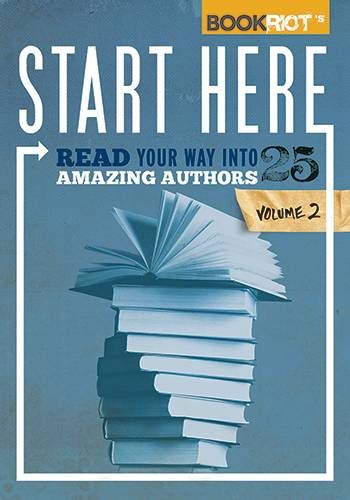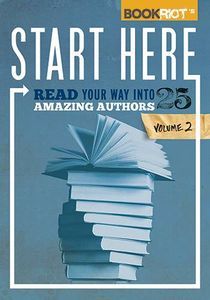
START HERE, Vol. 2 Write-In Giveaway Finalist #1

_________________________
George Eliot
Congratulations! You’ve heard of George Eliot; found out perhaps after an embarrassing conversation that she is in fact a she; and now wish to dive into her body of work. BUT WHERE TO START. This is a question that the internet (meaning I) can answer.
Eliot wrote seven novels + one collection of stories in her lifetime, but you can absolutely get away with reading just three of them. Before getting into that, though, let’s look at some background info:
1. As mentioned above, she is a lady.
2. She’s a Victorian, but much more of the Trollope variety than the Brontë. Many more gruff but kindly old people and discussions of getting pipes whittled than young people standing on the moors, staring into the middle distance. Consequence of north vs. south upbringing? Get out your Gaskell and let’s discuss.
3. She was fiercely intelligent and translated Ludwig Feuerbach’s The Essence of Christianity from its original German.
4. In a total surprise move, her novels about the 1832 Reform Act (Felix Holt the Radical) and the Dominican friar Savonarola in 15th century Florence (Romola) haven’t aged too well.
Now. If you want to ease into the Eliot and her overall Contemplation of Humanity, a nice beginning is:
1. Scenes of Clerical Life. It consists of three stories, was the first fiction of hers published (in 1858 at the age of 39 — pay heed, struggling writers), and sets the stage nicely for her themes of country life; strong-yet-oh-so-human men; and women who want to be virtuous, but suffer. Plus you get bonus points for picking up a George Eliot work that most people haven’t read. Some might point you towards Silas Marner, but that’s only because it’s Eliot’s shortest novel and therefore the one most frequently assigned in school. It also kind of sucks.
2. The Mill on the Floss. I’m actually not the biggest fan of this, but it’s a classic, gets referenced a lot when people discuss Eliot, AND it is semi-autobiographical. She went through a major religious phase before subscribing to her philosophy of morals & ethics over a particular religion, and the main character goes through the same fervidly spiritual path as a teenager. Mill involves a young girl (who lives in the country, of course) and her relationship with her brother, her struggles with her faith, and a delightful love triangle that happened over a century beforeTwilight kicked that trope up a notch.
3. Middlemarch. Here we go. This is it. You want to read George Eliot, you have to do this one. It’s inescapable. Virginia Woolf called it “the magnificent book which with all its imperfections is one of the few English novels written for grown-up people.” I call it “ridiculously amazeballs.”
Through it we look at humanity and ourselves, politics, religion, the state of marriage, and basically everything we should be thinking about but find it hard to keep our focus on because instead we’re looking at things like this:
via GIPHY
Now go read some Eliot.
















